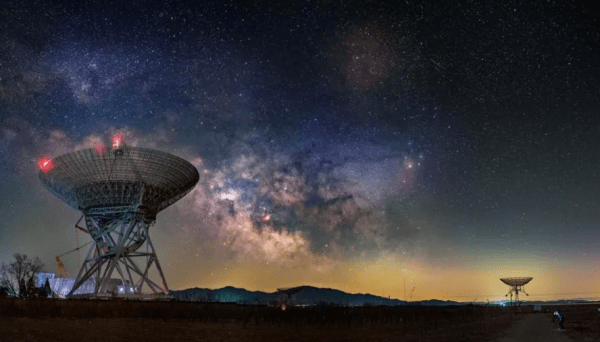Forbes: 'Beyond The Stars: How Space Technology Inspires Global Sustainability'
Assistant Professor Catherine Nakalembe was interviewed by Shelli Brunswich, Forbes Technology Council member, to talk about the use of satellite data on agriculture.
Space technology is at the forefront of our global efforts to achieve the Sustainable Development Goals (SDGs) set by the United Nations. This pivotal field reaches beyond the stars, impacting critical areas such as agriculture, water and energy. The innovations derived from space exploration do more than transform our daily lives; they propel economic growth and forge robust global collaborations. Space technology is indispensable in crafting a sustainable future, showing us that the sky is not the limit but the beginning of what we can achieve together.
Revolutionizing Global Agriculture
Space-based technology, such as remote sensing satellites, is indispensable for monitoring environmental factors that affect agriculture. They provide essential data on soil conditions, droughts and crop growth, enabling farmers to make informed decisions about irrigation and fertilization, thereby optimizing crop yields and resource use.
NASA Harvest, a global consortium, leverages Earth Observations (EO) satellite data to enhance worldwide food security, agriculture and environmental resilience. Collaborating with farmers, agribusinesses, economists and policymakers, this initiative uses EO data to assess food security, reduce market volatility and monitor global crop productivity.
Dr. Catherine Nakalembe, the 2020 Africa Food Prize Laureate and a member of the Harvest Hub team at the University of Maryland, boosts agricultural productivity, especially for small-scale farmers, by improving agricultural practices and policies and increasing resilience against climate variability. Her work demonstrates the profound impact of targeted satellite data on global agriculture and sustainability.
Image: Getty on Forbes' website
Published on Wed, 08/21/2024 - 10:02


